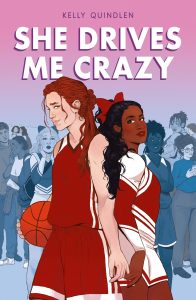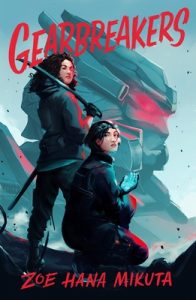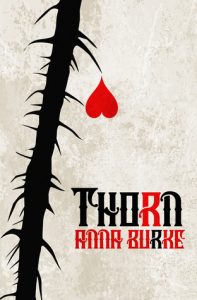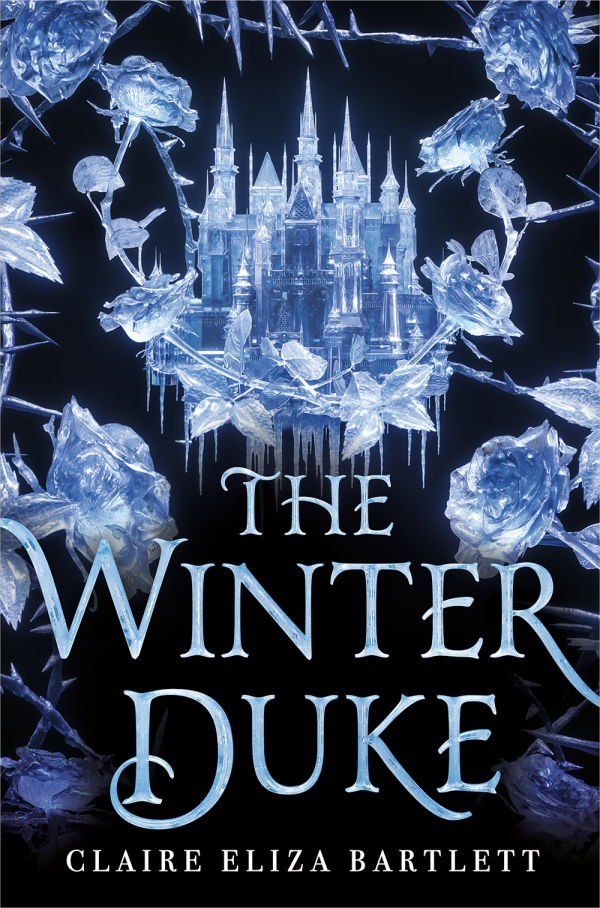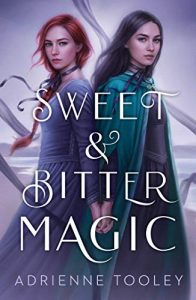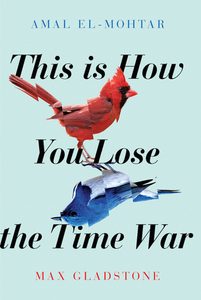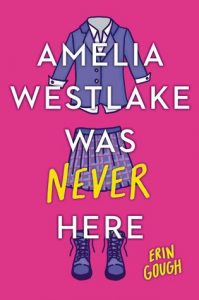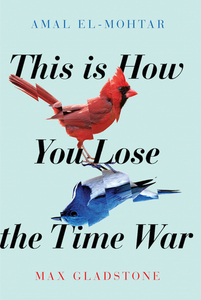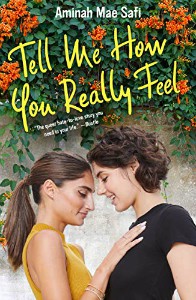Amazon Affiliate Link | Bookshop.org Affiliate Link
If you want a teen romcom in an F/F YA book, this is the read for you!
I’m getting caught up on 2021 reviews, and I listened to this several months ago and don’t remember a lot of details, but what more do I really need to say than that and also showing you that cover?
Scottie is struggling to get over her ex-girlfriend, Tally. They used to be on the basketball team together, but Tally transferred to a wealthier school to get on the better team. Now, she acts like she’s superior to Scottie and barely acknowledges her, even when they’re playing against each other. While Scottie is still mulling over that disastrous game, she backs up into Irene’s car. Irene is a cheerleader who has been Scottie’s nemesis (whether she knows it or not) when Irene called to have Scottie’s car towed at a party, apparently just to be a jerk.
Their moms decide that Scottie will drive Irene to school until her car is back from the shop: a solution neither of them is very happy about. Then Scottie decides that the best way to show up her ex is for Irene to pretend to date her–in return, she’ll empty her savings to pay for the damage on the car.
Yep, it’s enemies to lovers and fake dating! It is very much like a teen romcom movie: the two of them get to know each other over their music choices on the drive. They have miscommunication. They both open up about their insecurities. Scottie realizes that, despite being hung up on her toxic ex, maybe the girl she’s been looking for has been right in front of her this whole time. There’s also the “only one bed” trope. They even discuss teen romcom movies!
I listened to this as an audiobook, and it was a quick, fun listening experience! It’s cute, and the ending is cathartic and sweet.

